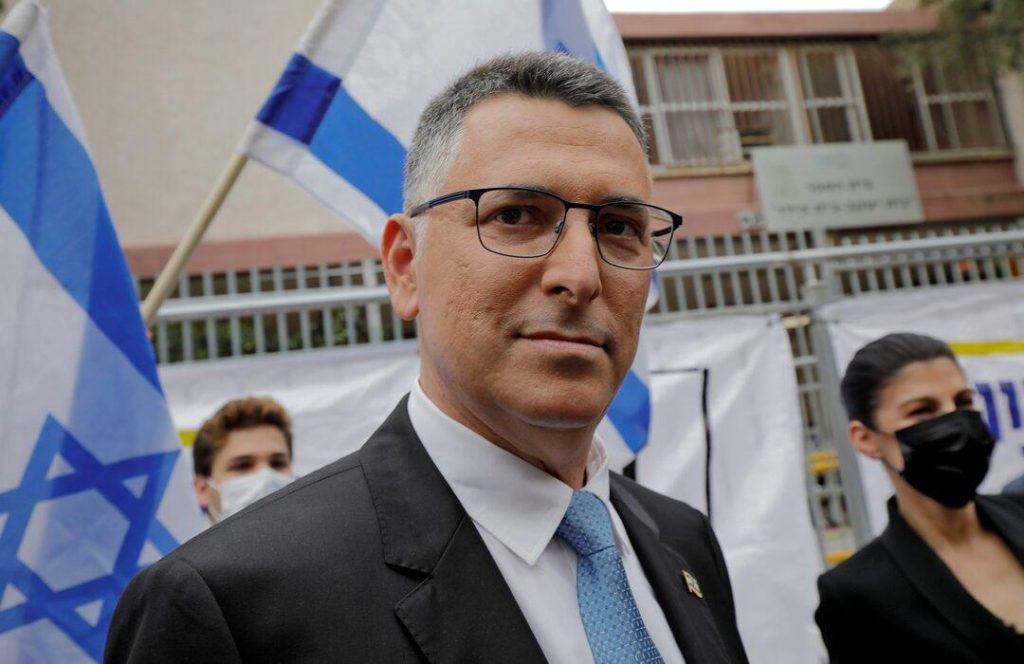
Open to ties with Syria, Lebanon; won’t negotiate on Golan: Israel
In a significant development, Israeli Foreign Minister Gideon Saar has announced that Israel is open to establishing formal diplomatic relations with Syria and Lebanon, two longstanding foes. However, Saar made it clear that Israel is not willing to negotiate on the status of the Golan Heights, a disputed territory that Israel annexed in 1981.
Saar’s statement comes as a surprise to many, given the complex and often tense relations between Israel and its Arab neighbours. However, the Israeli Foreign Minister emphasized that normalizing ties with Syria and Lebanon aligns with regional security interests.
The Golan Heights, a strategic region in southwestern Syria, has been a contentious issue for decades. Israel captured most of the area from Syria in the 1967 Six-Day War and subsequently annexed it in 1981. The move was widely condemned by the international community, and the United Nations has consistently maintained that the Golan Heights are occupied territory.
Syria has long demanded the return of the Golan Heights, and has repeatedly called for Israel to withdraw its forces from the region. In recent years, Israel has maintained a significant military presence in the Golan Heights, citing concerns about Iran’s influence in the region.
Saar’s announcement of Israel’s willingness to establish diplomatic relations with Syria and Lebanon has been met with skepticism by some, who see it as a ploy to isolate Iran and its allies in the region. However, others have welcomed the move, arguing that it could help to reduce tensions and promote stability in the region.
The Israeli Foreign Minister has emphasized that normalizing ties with Syria and Lebanon would be a significant step towards promoting regional security and stability. He has also suggested that Israel is willing to work with its Arab neighbours to address common concerns, such as the threat posed by Iran.
However, Saar has made it clear that Israel will not compromise on the status of the Golan Heights. The Israeli Foreign Minister has reiterated that the Golan Heights are an integral part of Israel and will not be returned to Syria.
Saar’s announcement has sparked a mixed reaction from regional leaders. Syrian President Bashar al-Assad has welcomed the move, suggesting that it could be a step towards normalizing relations between the two countries. However, other Arab leaders have been more cautious, with some expressing concerns about Israel’s willingness to compromise on the Golan Heights.
The announcement has also been met with skepticism by some in the international community, who have expressed concerns about the implications of normalizing ties between Israel and its Arab neighbours. The United States, Israel’s closest ally, has been vocal in its support for Israel’s annexation of the Golan Heights, and has urged other countries to follow suit.
In conclusion, Israel’s announcement of its willingness to establish diplomatic relations with Syria and Lebanon is a significant development in the region. While Saar has emphasized that normalizing ties aligns with regional security interests, the Israeli Foreign Minister has also made it clear that Israel will not compromise on the status of the Golan Heights.
The implications of this announcement are far-reaching, and will likely have significant consequences for regional stability and security. As the situation continues to unfold, it will be important to monitor developments closely and assess the potential impact on the region.






